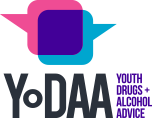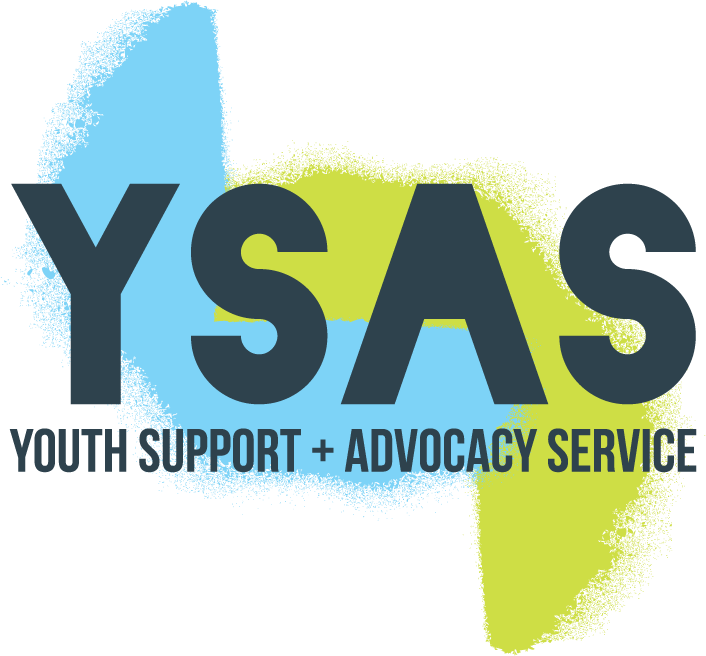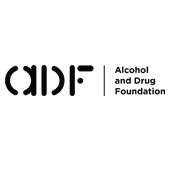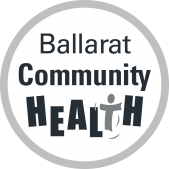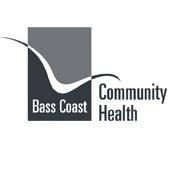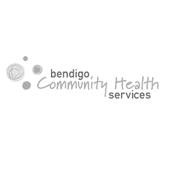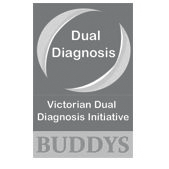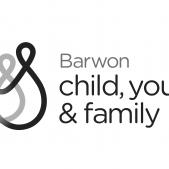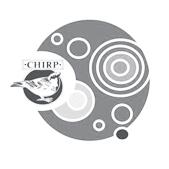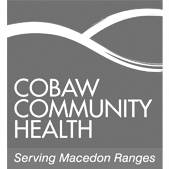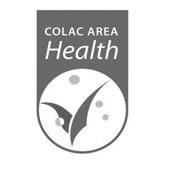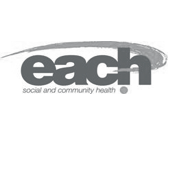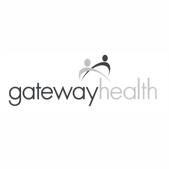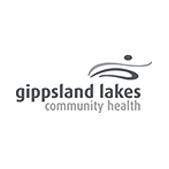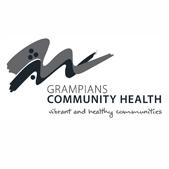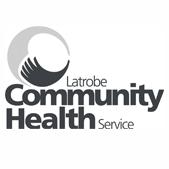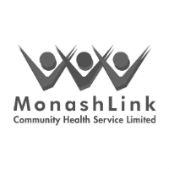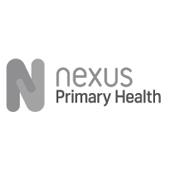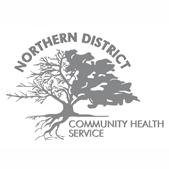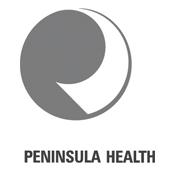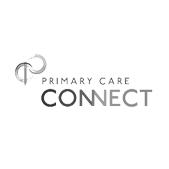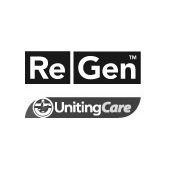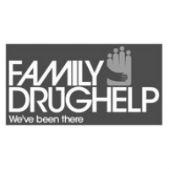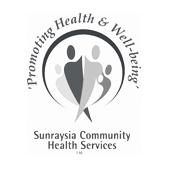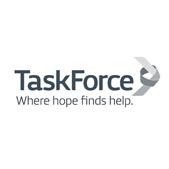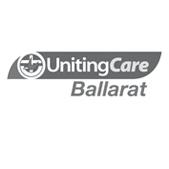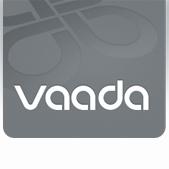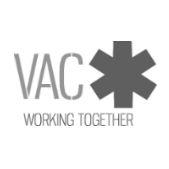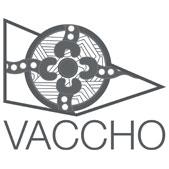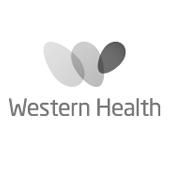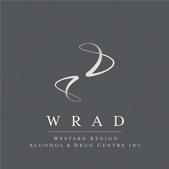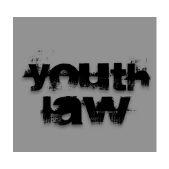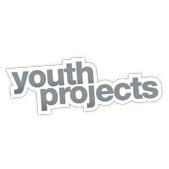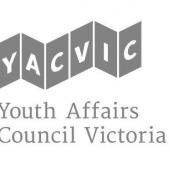Practice
Schools Back! AOD workers speak about their experience delivering drug ed
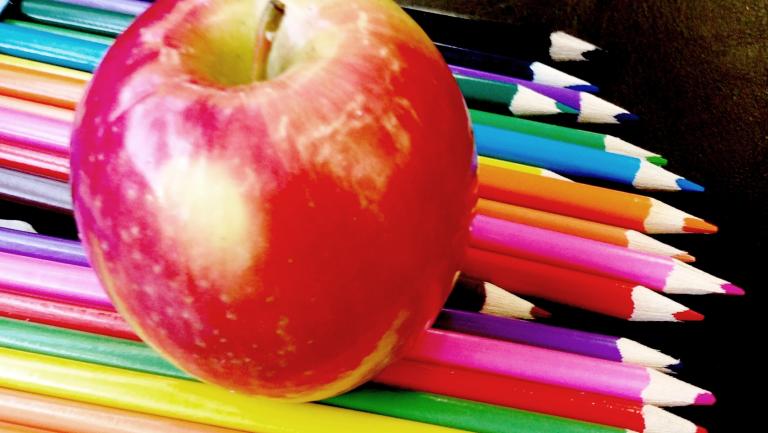
There’s a long tradition of Youth workers partnering with local schools to deliver drug and alcohol education. But providing universal education to groups of young people with vastly different experiences of drugs and alcohol poses unique challenges to an AOD worker.
Take for example the words of one of the 13,600 15-19 year olds who took part in Mission Australia's youth survey;
‘My friends have started drinking more and more and I’ve noticed they are making bad choices. Young people are being taught the wrong things when speakers come to schools. Instead of talking about why you shouldn’t drink, we should be told what to do when we do drink’
So what are ‘the right things’ to teach a group of students with vastly different experiences, opinions and knowledge?
What does the research say?
There are vast swathes of research about what works (and doesn’t work) in drug education. In a nutshell, programs have more success if they are;
- Developmentally appropriate
- accurate and explicit (no beating around the bush)
- participatory (no lectures please)
- are based in real life experiences
- & allow students to generate solutions (rather than being told how to act or behave).
So how are other AOD workers adapting this theory in their practice?
YoDAA received an inspiring e-mail this week form a youth AOD worker who has been working with groups of between 6 and 180 high school students, to road test current best practice in drug education.
Richard England whos’ full lesson plan, plus reflections on what worked and how the lesson was received are available through YoDAA writes; “The presentation is designed to be facilitated at the pace of the young people and have them supply much of the information and drive the conversation (with some steering). All the topics covered are asked as questions to the audience and then their answers either corroborated or corrected.”
“My initial fears the first time I presented were that no one would buy in to the concept and I would get no audience participation but that has never proven to be the case, as often young people are keen to let me and their peers know their level of expertise and can’t help themselves.”
Being Real about Harm Minimisation is Key
Ballarat Community Health, provide drug education to about 1200 year 9 students every year through their award winning SSMART ASSK program. Suzanne Powell, one of the youth AOD workers responsible for delivering this program could ‘talk for hours’ about drug education, but her key message is clear.
“The best outcome for people under 18 is to not drink. But if you are going to drink, look after each other, have a conversation with an adult, whether that be a parent, older sibling, an aunt or uncle or even a friend’s mother about being confident you can call at any time if you need help or even a ride home at 4am in the morning. Having that conversation early and knowing you have that back up is important. If you have concerns about a friend’s health or wellbeing don’t hesitate to call an ambulance regardless of the situation you’re in, saving someone’s life is much better than the alternative.”
Humor, Participation, Interactivity
Marianne Campbell, a veteran of Drug Education in Morewell adds,
“I believe (one of the) key factors in delivering education to young people is humour. Adding funny gifs so they have a laugh whilst learning, making it visually stimulating and adding interactive fun. I provide education at Youth Justice (the Motor Vehicle Offenders program), schools (alternative and mainstream) and to all class types and sizes. Allowing young people to be part of it and have an opportunity for questions and discussion is great.”
Research + Experience = Practice Wisdom
For the team here at YoDAA, all these are great examples of Practice Wisdom in action. Taking current best practice, mixing it with what we know of young people and whatever resources are at hand to come up with simple, innovative and effective AOD interventions.
Got a school presentation coming up and like to know more? YoDAA has an entire website dedicated to working with young people in Schools. You cal also check out;
Check out The National Centre for Education and Training on Addiction (NCETA) review of the most effective evidence based school alcohol education programs.
Drugs and Schools Overview from our friends at Dovetail in QLD.Why Drug and Alcohol Information Isn’t Always Enough
Department of Education and Training “Get Ready’ Program
What is a Whole School Approach?
Inspired by the Susanne, Richard and Marianne’s work? YoDAA can help link up experienced AOD workers with those still developing their practice and experienced AOD workers from Frankston to Woodend available to support you! Call 18000 458 685 or advice@yodaa.org.au for more.
